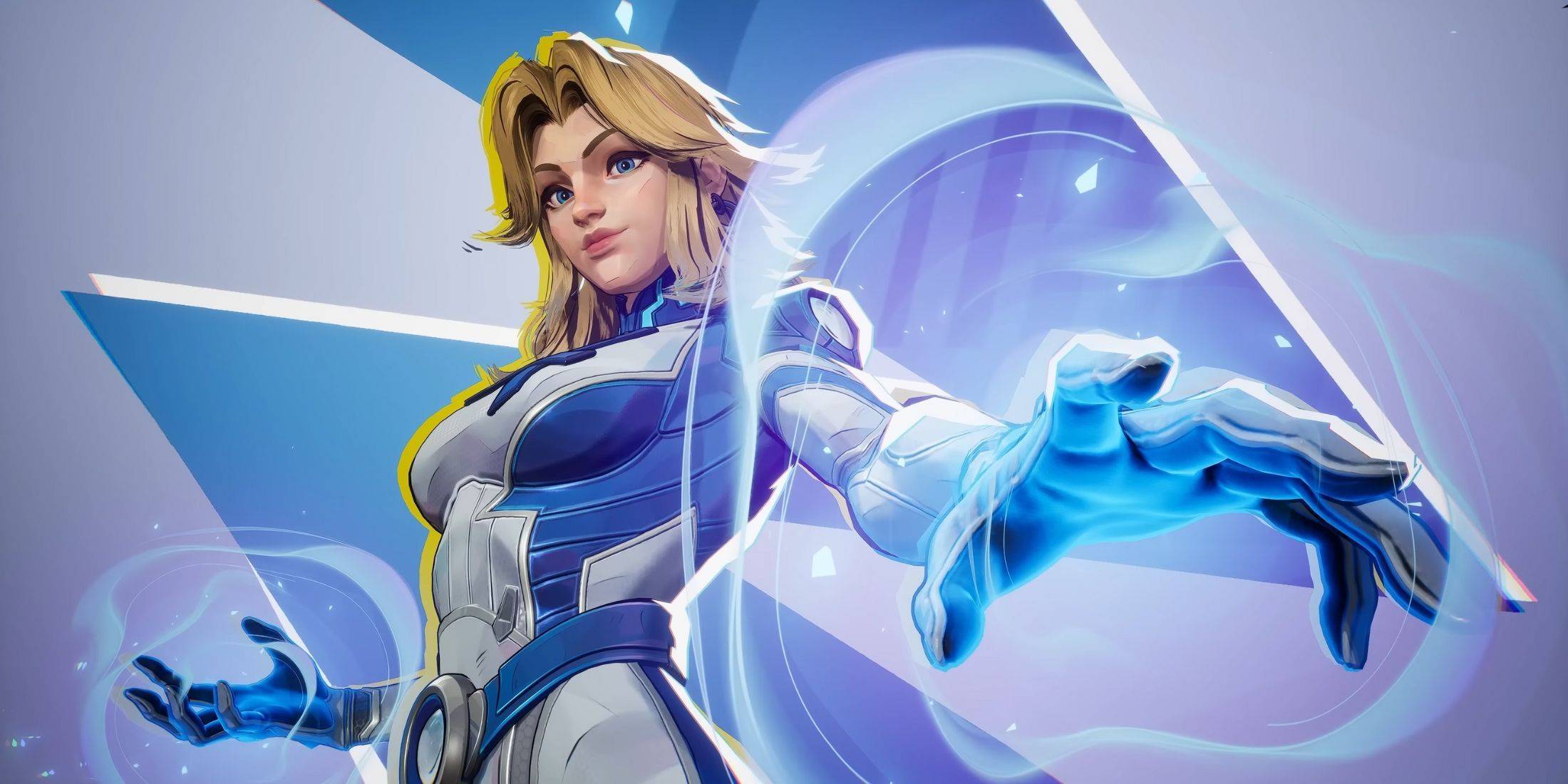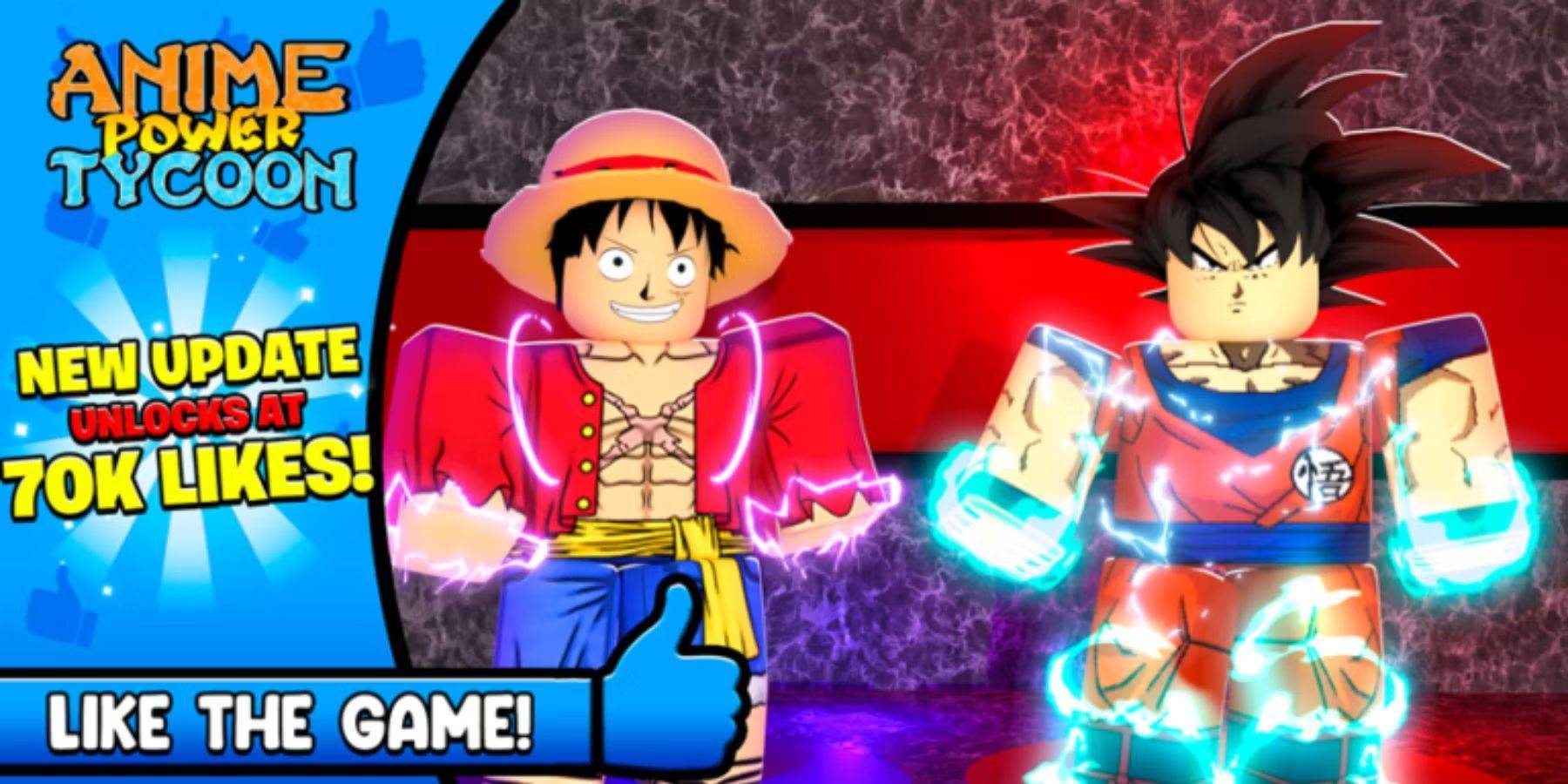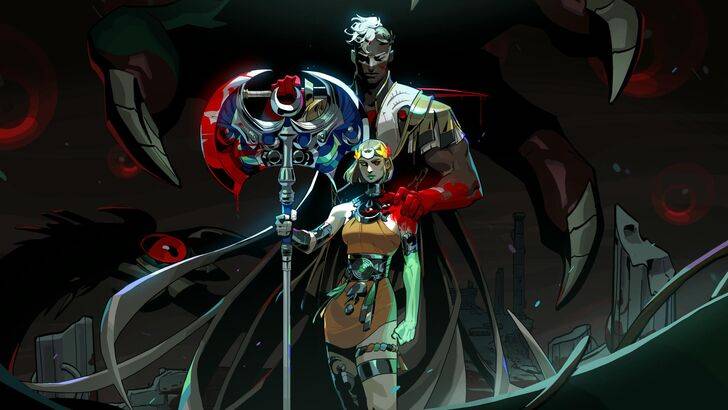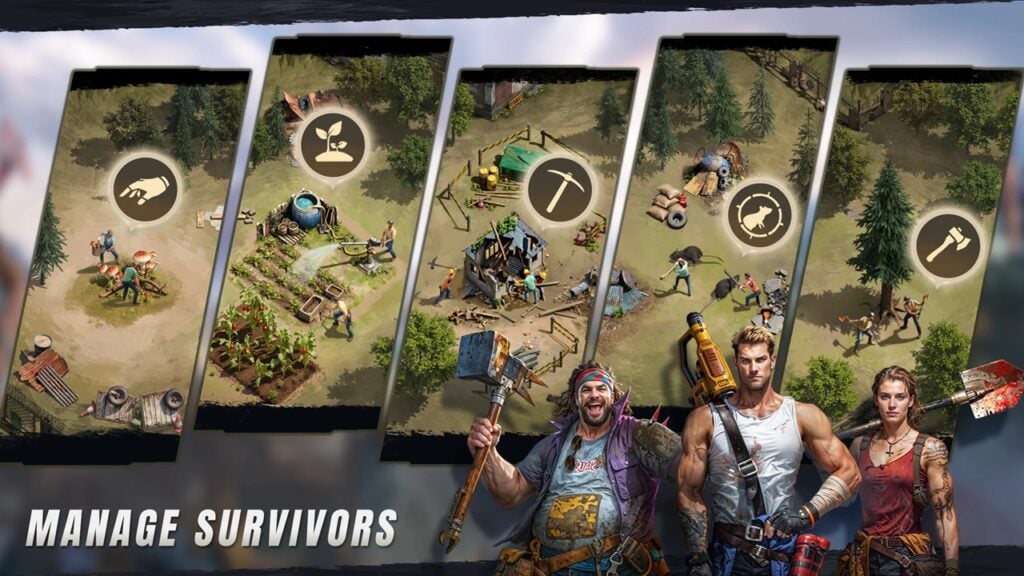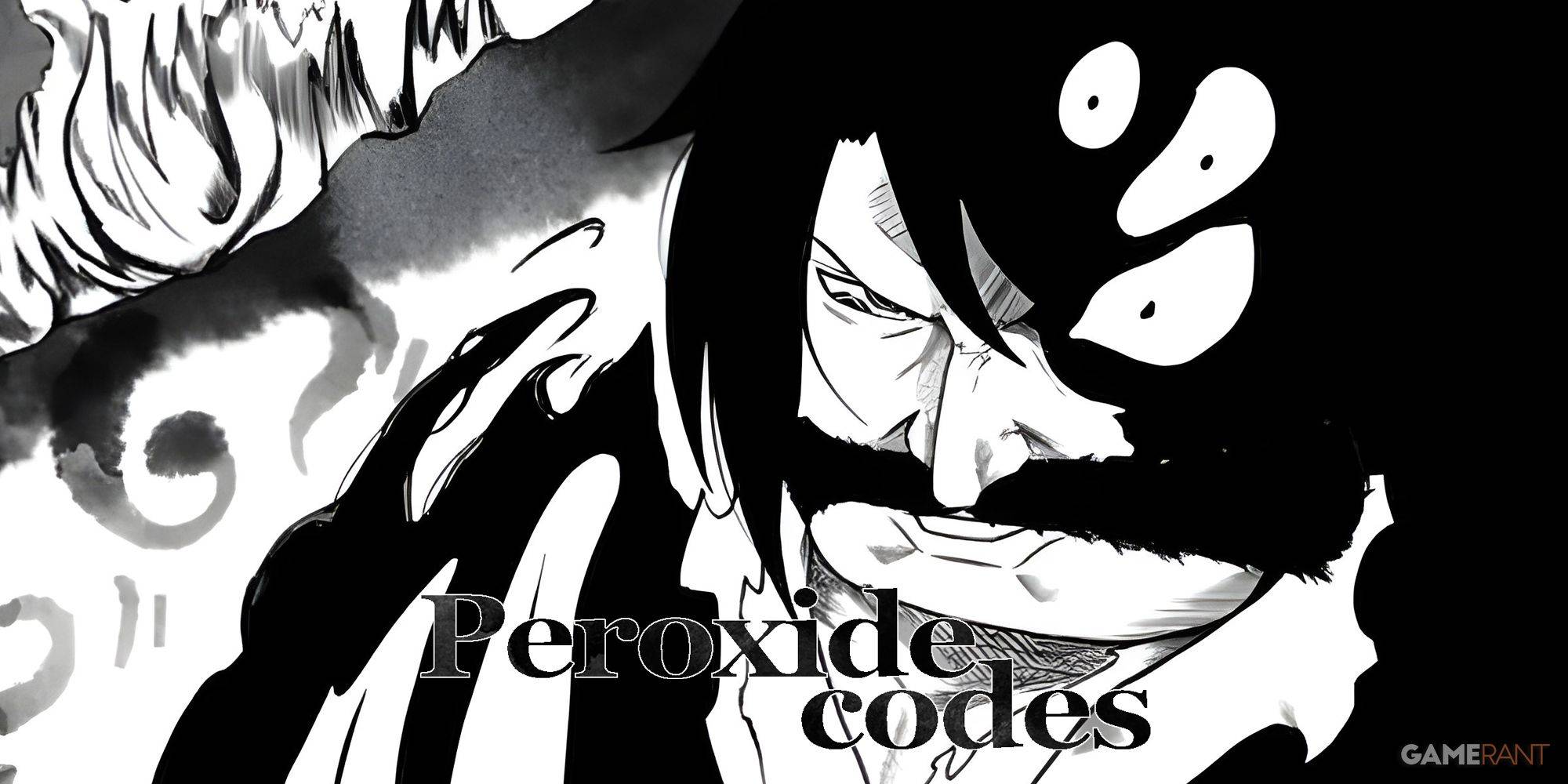Why Assassin's Creed 2 and 3 Had the Best Writing the Series Has Ever Seen
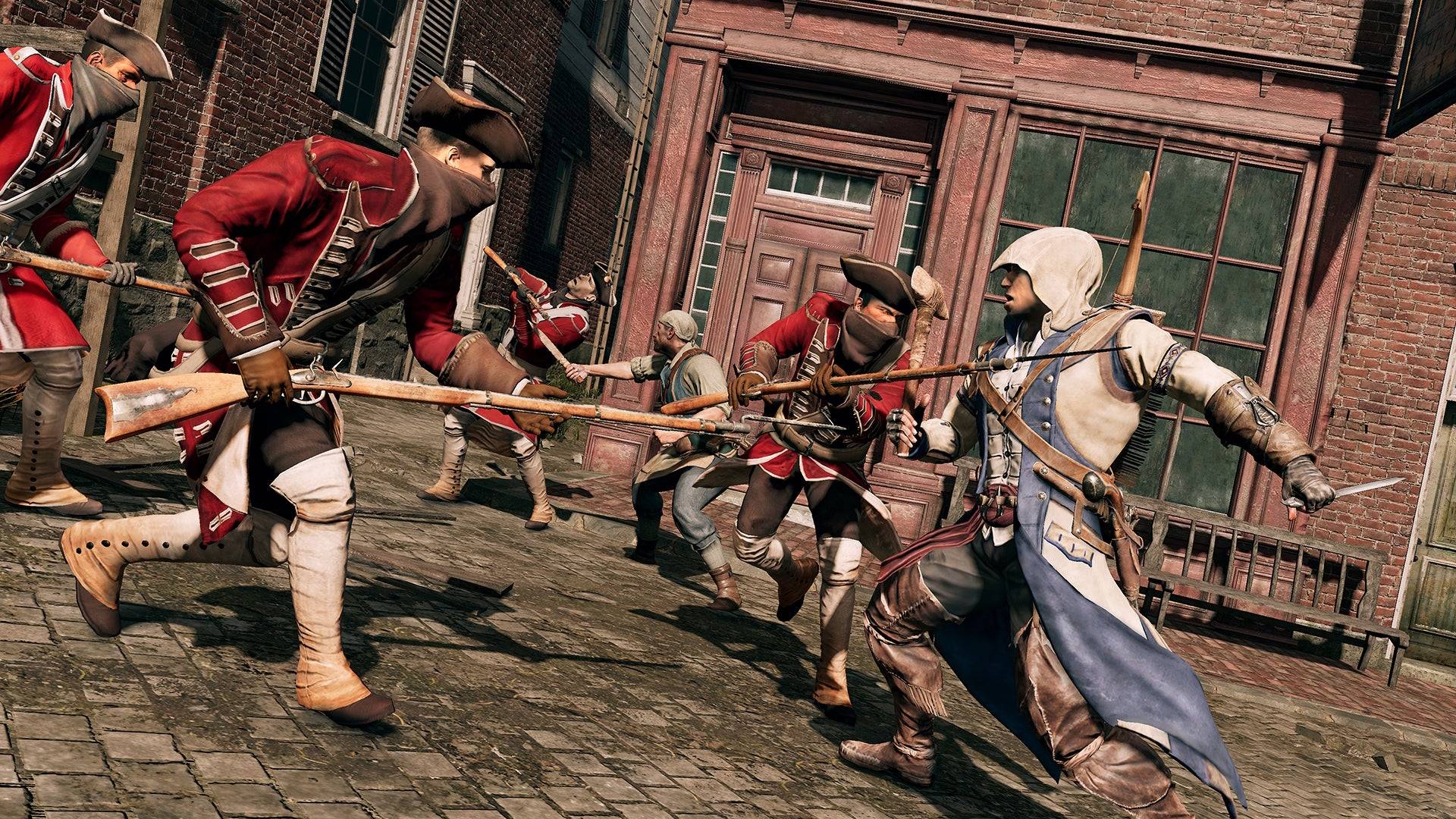
One of the most memorable moments in the entire Assassin’s Creed series occurs near the beginning of Assassin’s Creed 3, when Haytham Kenway finishes assembling his group of supposed assassins in the New World. Initially, players are led to believe they are following a band of assassins. After all, Haytham wields a hidden blade, exudes the charisma of Ezio Auditore, and has been portrayed as a hero up to this point, freeing Native Americans from prison and confronting British redcoats. However, the revelation comes when he utters the familiar phrase, “May the Father of Understanding guide us,” making it clear that we have been following the Templars, the sworn enemies of the Assassins.
To me, this surprising twist embodies the pinnacle of Assassin’s Creed’s potential. The initial game introduced a captivating concept—identifying, understanding, and eliminating targets—but its narrative fell flat, with both protagonist Altaïr and his targets lacking depth. Assassin’s Creed 2 improved this by introducing the iconic Ezio, yet it failed to develop his adversaries adequately, with Cesare Borgia in Assassin’s Creed: Brotherhood being notably underdeveloped. It was not until Assassin’s Creed 3, set during the American Revolution, that Ubisoft devoted equal attention to developing both the hunted and the hunter. This approach created a seamless narrative flow from setup to payoff, achieving a delicate balance between gameplay and story that has yet to be replicated.
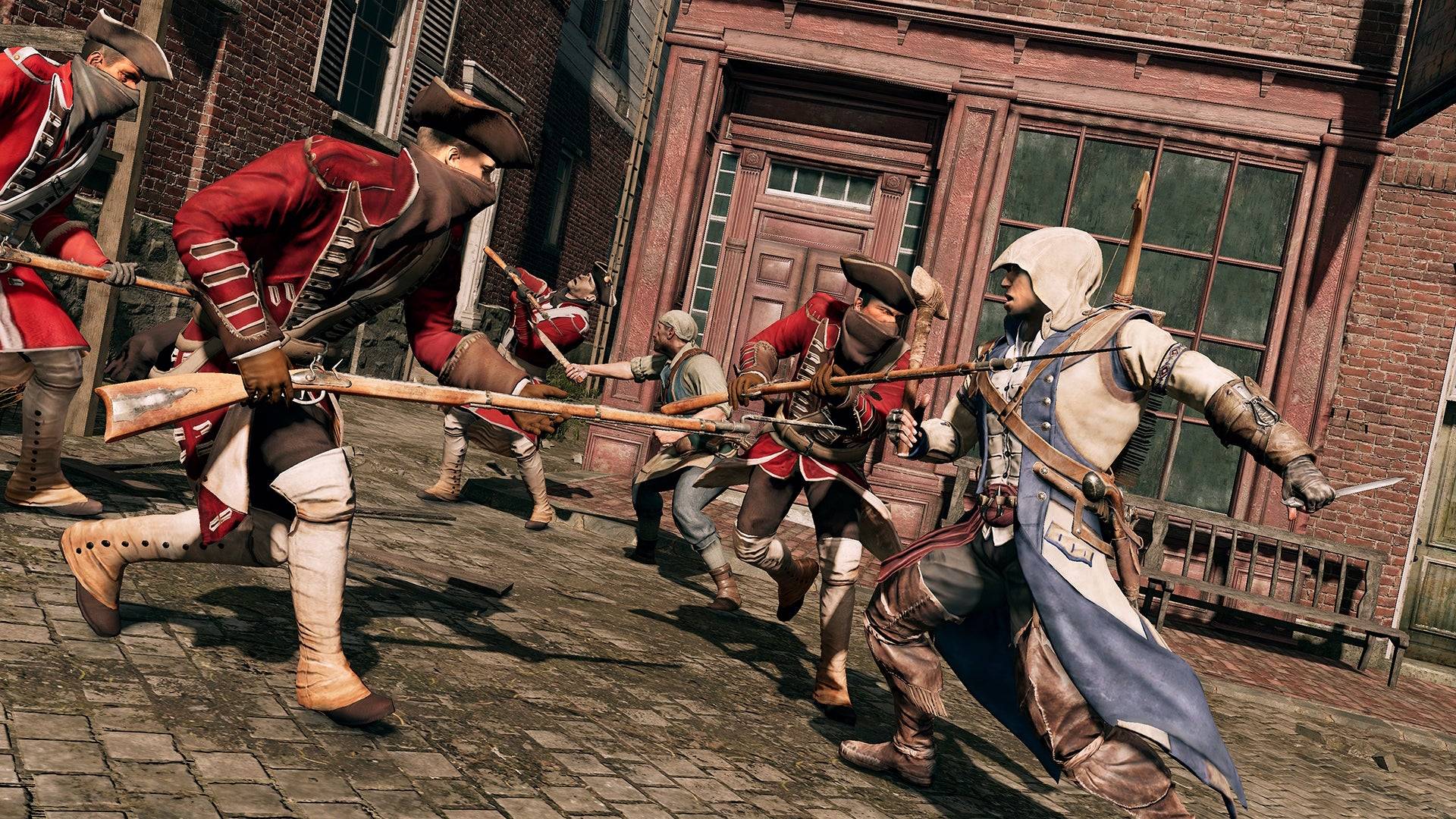
While the current RPG era of the series has been well-received by players and critics, numerous articles, YouTube videos, and forum discussions suggest that Assassin’s Creed is in decline. The reasons for this are debated. Some argue it's due to increasingly fantastical premises, such as battling gods like Anubis and Fenrir. Others criticize the inclusion of diverse romance options or, as seen in Assassin’s Creed Shadows, the use of real historical figures like the African samurai Yasuke. However, I believe the decline stems from the series' shift away from character-driven storytelling, which has become overshadowed by expansive open-world elements.
Over the years, Assassin’s Creed has expanded its original action-adventure formula with RPG and live service elements, including dialogue trees, XP-based leveling systems, loot boxes, microtransaction DLC, and gear customization. Yet, as the new installments have grown larger, they have increasingly felt hollow, not just in terms of repetitive side-missions but also in their storytelling.
Although a game like Assassin’s Creed Odyssey offers more content than Assassin’s Creed 2, much of it feels unpolished and superficial. While player choice should theoretically enhance immersion, in practice, it often dilutes the experience. As scripts lengthen to accommodate various scenarios, they lose the polish found in games with more focused narratives. The tightly scripted, cinematic storytelling of the action-adventure era allowed for well-defined characters that weren't stretched thin by a game structure requiring the protagonist to adapt to the player's whims.
As a result, while Assassin’s Creed Odyssey has more content than Assassin’s Creed 2, it often feels less engaging and more like interacting with AI rather than complex historical figures. This contrasts sharply with the Xbox 360/PS3 era, which, in my opinion, produced some of the best writing in gaming, from Ezio’s impassioned speech after defeating Savonarola to Haytham's tragicomic soliloquy upon being killed by his son, Connor:
*“Don't think I have any intention of caressing your cheek and saying I was wrong. I will not weep and wonder what might have been. I'm sure you understand. Still, I'm proud of you in a way. You have shown great conviction. Strength. Courage. All noble qualities. I should have killed you long ago.”*
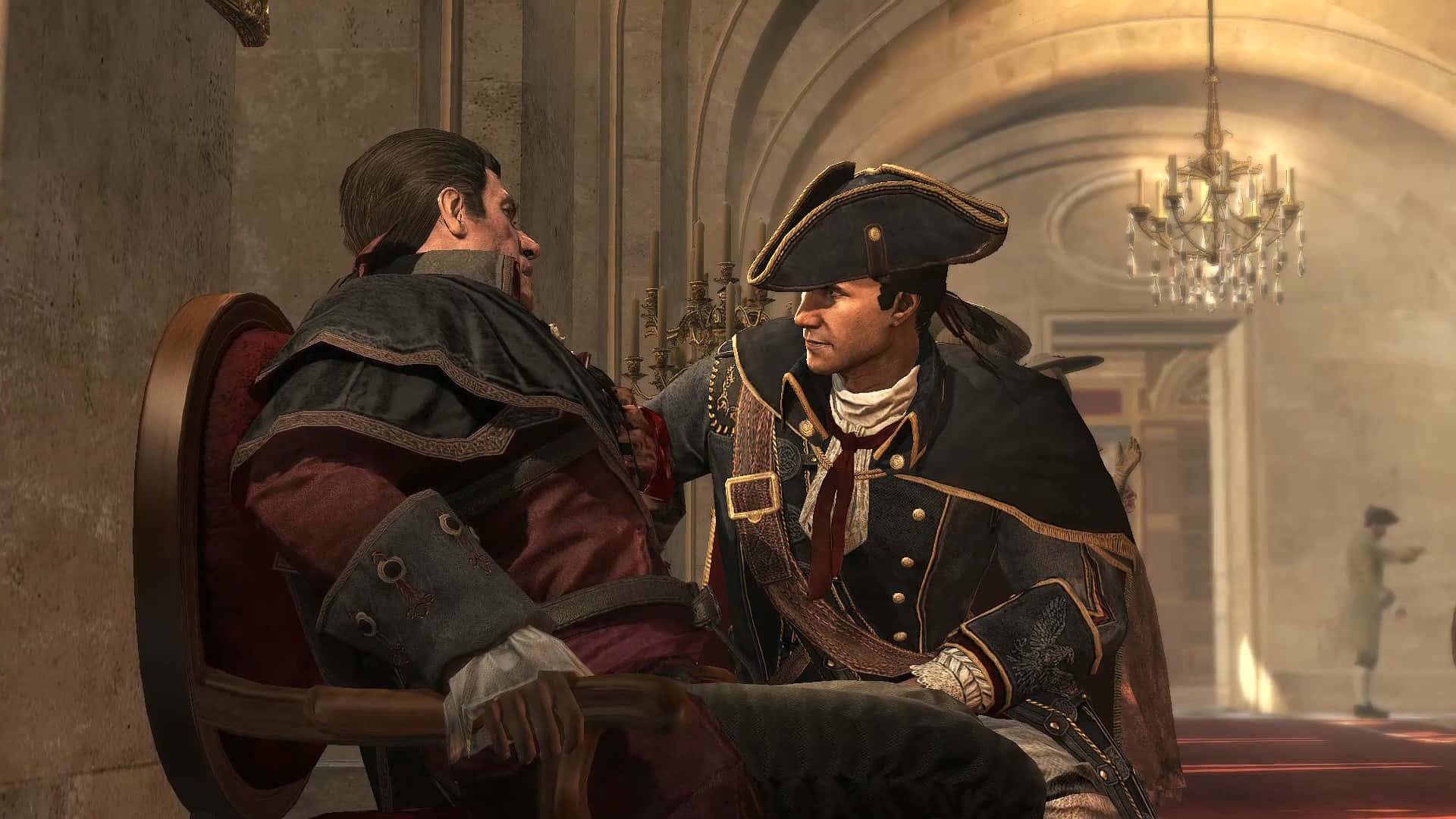
The writing has also deteriorated in other ways over time. While the modern games adhere to a simplified dichotomy of Assassins = good and Templars = bad, earlier games blurred these lines. In Assassin’s Creed 3, each defeated Templar challenges Connor—and the player—to question their beliefs. William Johnson suggests the Templars could have prevented the Native American genocide. Thomas Hickey criticizes the Assassins’ mission as unrealistic, while Benjamin Church asserts it’s “all a matter of perspective,” highlighting the British perspective as victims rather than aggressors.
Haytham attempts to undermine Connor’s trust in George Washington, claiming the nation he will build will be no less tyrannical than the monarchy the Americans sought to overthrow—a claim validated when it's revealed that Washington, not Charles Lee, ordered the burning of Connor’s village. By the game's end, players are left with more questions than answers, strengthening the narrative.
Reflecting on the franchise’s history, it's clear why the track “Ezio’s Family” from the Assassin’s Creed 2 score, composed by Jesper Kyd, resonated so deeply with players, becoming the series’ official theme. The PS3 games, especially Assassin’s Creed 2 and Assassin’s Creed 3, were fundamentally character-driven experiences. The melancholic guitar strings of “Ezio’s Family” were meant to evoke Ezio’s personal loss rather than the Renaissance setting. While I appreciate the expansive worldbuilding and graphical advancements of the current Assassin’s Creed games, I hope the franchise will one day return to delivering the focused, character-centric stories that originally captivated me. However, in an industry dominated by expansive open worlds and live service ambitions, I fear such a return may not align with current business models.
-
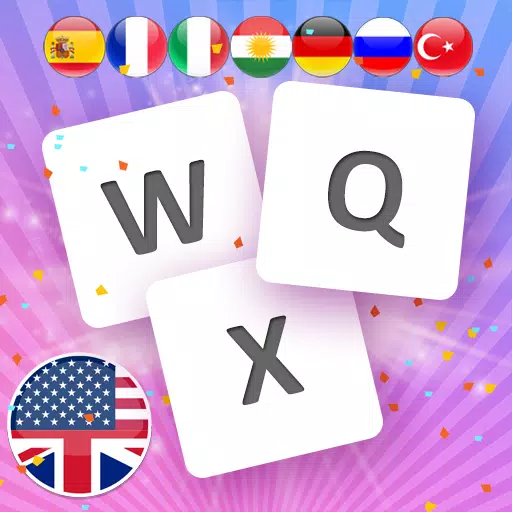 English Word Learning GameMastering English vocabulary is now simpler than ever.Embark on a linguistic journey through English, Kurdish, Turkish, German, French, Spanish, Italian, or Russian vocabulary.Plus, no Wi-Fi connection is required. Play this game anytime, anywhere, c
English Word Learning GameMastering English vocabulary is now simpler than ever.Embark on a linguistic journey through English, Kurdish, Turkish, German, French, Spanish, Italian, or Russian vocabulary.Plus, no Wi-Fi connection is required. Play this game anytime, anywhere, c -
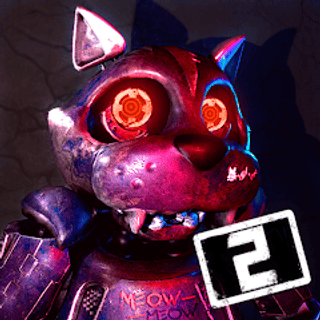 CASE 2: Animatronics HorrorIn this spine-chilling sequel to the hit horror game CASE 2: Animatronics Horror, players find themselves trapped in a city consumed by terror and despair. After the unexplained shutdown of an amusement park, Jack—a man haunted by his past—must navig
CASE 2: Animatronics HorrorIn this spine-chilling sequel to the hit horror game CASE 2: Animatronics Horror, players find themselves trapped in a city consumed by terror and despair. After the unexplained shutdown of an amusement park, Jack—a man haunted by his past—must navig -
 Secret 7 Slots - Free CasinoDive into an exhilarating casino slot adventure with Secret 7 Slots – a free casino game! Feel the authentic thrill of Las Vegas right in your hands as you spin the reels on a variety of slot machines and unlock captivating bonus games. Gather free
Secret 7 Slots - Free CasinoDive into an exhilarating casino slot adventure with Secret 7 Slots – a free casino game! Feel the authentic thrill of Las Vegas right in your hands as you spin the reels on a variety of slot machines and unlock captivating bonus games. Gather free -
 My sister and IExperience a touching interactive story in "My Sister and I," where you reconnect with your long-lost sister. After years of solitude, your mother calls to share exciting news - your younger sister is moving to your city for college. Can you rebuild
My sister and IExperience a touching interactive story in "My Sister and I," where you reconnect with your long-lost sister. After years of solitude, your mother calls to share exciting news - your younger sister is moving to your city for college. Can you rebuild -
 DaVita Care ConnectDaVita Care Connect empowers home dialysis patients and their care partners with essential tools and support. This exclusive app allows patients to conveniently access valuable kidney health resources, communicate directly with their care teams, and
DaVita Care ConnectDaVita Care Connect empowers home dialysis patients and their care partners with essential tools and support. This exclusive app allows patients to conveniently access valuable kidney health resources, communicate directly with their care teams, and -
 Let's do it! Gal-chan ~Fix your money and grades with sex~Dive into an enthralling interactive adventure with Let's do it! Gal-chan ~Fix your money and grades with sex~, starring the charming Gal-chan. Navigate dynamic storylines that put your skills and strategies to the test, all while enjoying seamless
Let's do it! Gal-chan ~Fix your money and grades with sex~Dive into an enthralling interactive adventure with Let's do it! Gal-chan ~Fix your money and grades with sex~, starring the charming Gal-chan. Navigate dynamic storylines that put your skills and strategies to the test, all while enjoying seamless
